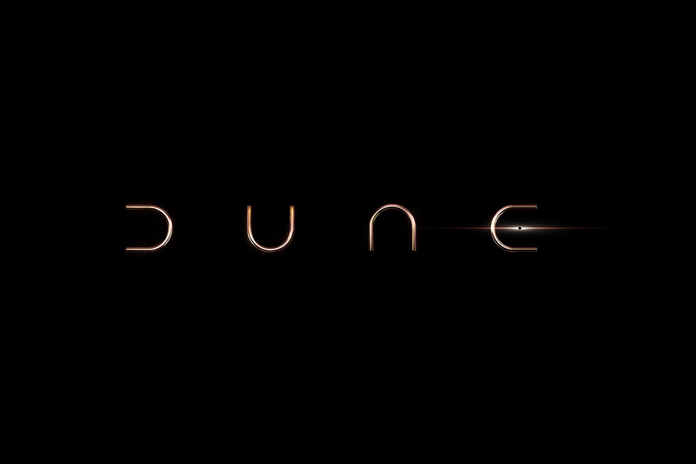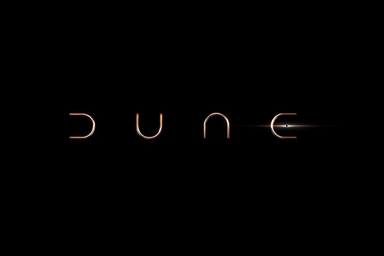The article below was written by Nathália Lopes and edited by Lethícia Lioi. Liked this type of content? Check out Her Campus Cásper Líbero for more!
Dune (2021) by french director Dennis Villeneuve came out in October and has become one of the most talked about movies of the year if not of the decade. With a 83% score on Rotten Tomatoes, the 2h35min runtime sci-fi is the second cinematic adaptation of Frank Hebert’s magnum opus of the same name.
The film follows Paul Atreides (portrayed by Timothée Chalamet), a brilliant and gifted young man born into a great destiny beyond his understanding, who must travel to the most dangerous planet in the universe, Arrakis, to ensure the future of his family and his people. As malevolent forces explode into conflict over the planet’s exclusive supply of the most precious resource in existence – spice, only those who can conquer their own fear will survive.
The first to dare adapt such a complex plot to film was David Lynch, most known for Blue Velvet (1986), Mulholland Drive (2001) and Eraserhead (1977). He also directed the cult classic tv show Twins Peaks, aired between 1990 and 1991.
His Dune adaptation came out seven years prior, in 1984. Apart from its similar runtime (2h17min), the two movies are very different. In Villeneuve’s rendition of the story, we follow Atreides only for the first part of his journey – meaning the movie doesn’t depict the entire book – whereas Lynch’s film goes into much less detail and therefore is able to depict the entirety of the text.
The cast is also very contrasting: Lynch’s version is very whitewashed in the sense that none of the characters are portrayed by people of color. At the time – we must take into consideration that the movie came out in the 80s – that didn’t seem to be a problem. But nowadays we would simply feel weird to watch a film in which all of the characters from Arrakis are white.
Something these two films do have in common is their brilliant soundtracks. In the 1984 film, Lynch collaborated with Brian Eno, ambient music pioneer, to create the music for the picture. The band Toto – responsible for one the 80s biggest hits, Africa – also took part in the project.
In the 2021 adaptation, the score is definitely one of its highlights. The soundtrack was entirely composed by musical genius Hans Zimmer with whom Villeneuve hadn’t yet collaborated with.
Zimmer is getting a lot of praise for his work on the sci-fi picture and most likely will be getting a nomination at the Oscars for it. When asked about his process of coming up with the music for the film he admitted to have taken a lot of inspiration from its female characters: “Both Denis and I decided this early on, that it’s the women who drive the story and have the strength. And so I thought of some extraordinarily talented singers, and I kept thinking, wherever you are in the future, the instruments will change due to technology, and we could be far more experimental, but the one thing that remains is the human voice, which there is a lot of”.


